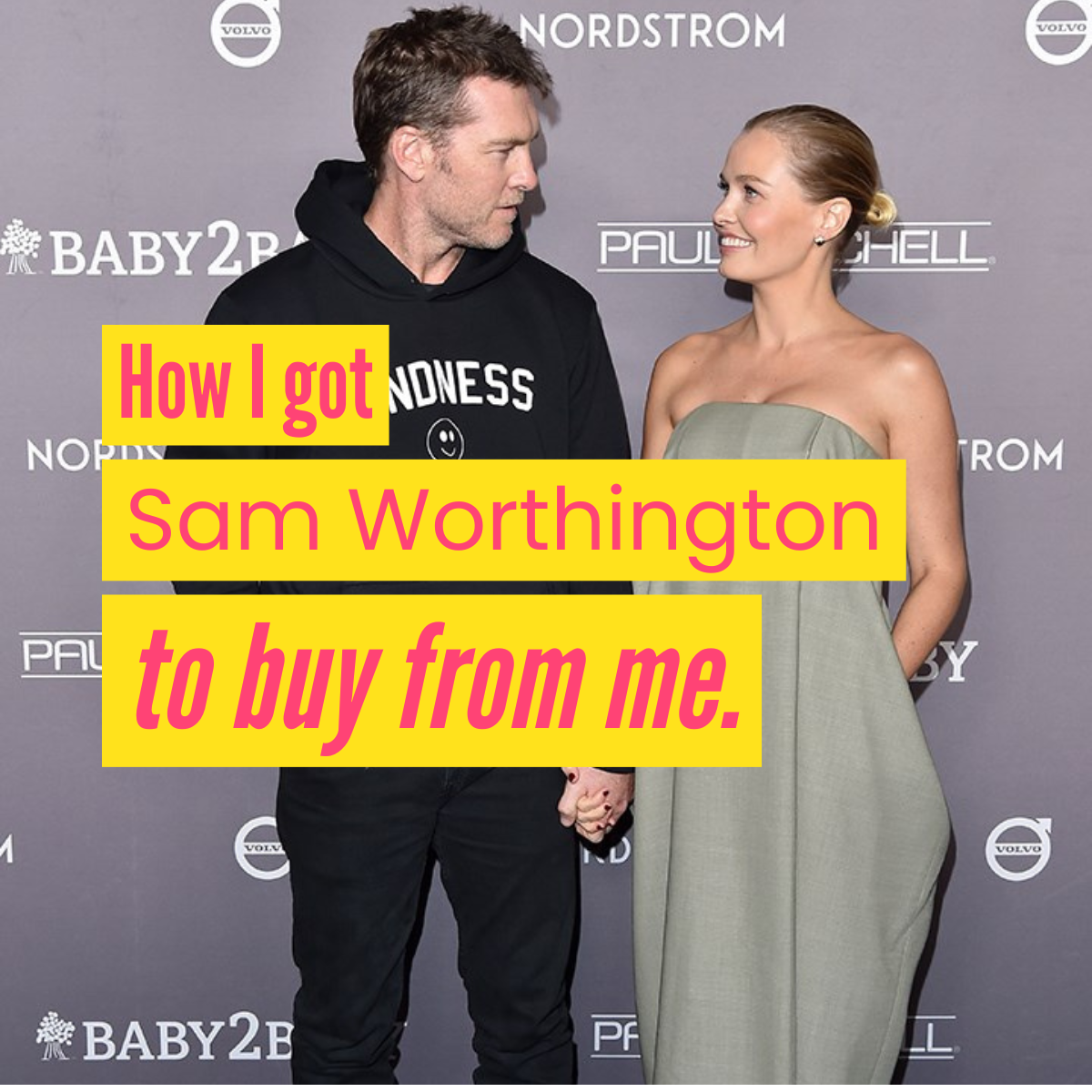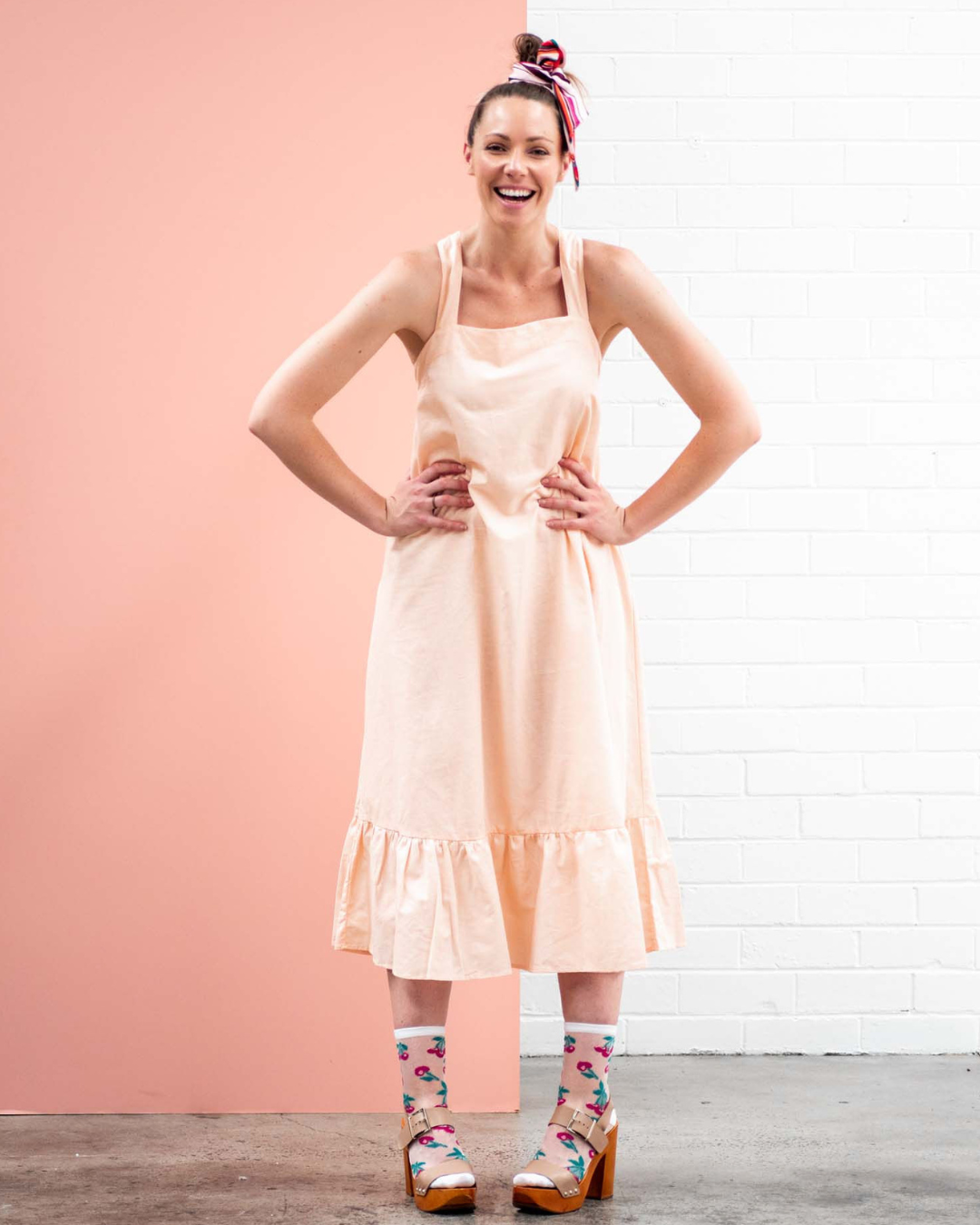Not all superheroes wear capes and fly at night; Jake McKeon is saving the world with sustainable, reusable, zero-waste Coconut Bowls.
They’ve become a bit of an ‘it thing’ to share on Instagram in recent years, but coconut bowls are no passing fad for Jake. He’s been living by his sustainable values and building the Coconut Bowls brand between Australia and California since 2015, and his positive impact is far-reaching.
Coconut water consumption has increased by 60% over the last decade and global demand for coconut oil has soared, but 99% of harvested coconut shells are discarded and burned. In the process, the shells release harmful carbon dioxide and methane gasses, and they’re burning in the millions.
Sri Lanka alone replants six million palms every year to keep up with their export supply of coconuts, and tackling the by-product waste issue associated with supply and demand of one of the world's favourite ingredients - has been the first priority on Jake McKeon’s to-do list for nearly five years. He’s built strong and sustainable relationships with the suppliers he works with through Coconut Bowls, and he is committed to providing ethical work to the communities within his supply chain. With every hand-crafted humble coconut bowl sale, Jake pays his positivity forward too.
Coconut Bowls is now a sustainable and ethical tableware staple in households (and Instagram feeds) around the world. Amidst running his several successful businesses, Jake found time to break bread and explain the world’s craziness with coconuts…
Where did it all begin?
In late 2015, I was in Indonesia on a surf trip and discovered the concept of coconut shell handicrafts at a local market. After seeing how beautiful the shells looked after all the husk had been sanded away, I instantly saw potential in crafting coconut shells into bowls. Coconut halves are naturally shaped like a bowl, so it just seemed like such a perfect concept - using a natural material to eat from. Coincidently, or not, I was actually already running two businesses at the time. One was a social media agency, the other was developing small organic superfood products and selling them online. The experience with both gave me the confidence to get the first few Coconut Bowls made, and then return to Australia to see if others liked the concept as much as I did.
Where does your passion for ethics and sustainability stem from?
I’ve always wanted to do well by doing good, and for my life to have a purpose. I try to have positive experiences with everyone and everything, and that naturally extends to the way I do business. I want to do right by people, and in turn, I have confidence that others will do right by me. Regarding sustainability, I’ve always been conscious of my contribution to waste, although it’s certainly a passion that has developed since starting Coconut Bowls. My lifestyle has completely changed over the past few years, and it’s all stemmed from knowledge and awareness of huge issues that the world is currently facing. I want to play my part both individually, as a role model for friends and family, and as the leader of our coco community, which now extends to three million people.
Why Coconut Bowls?
This is a tough question to answer. I almost feel as Coconut Bowls chose me, ha! To put it simply, I believe that nature provides us with all that we need to thrive. Coconut Bowls is just one example of a product of nature, that can play a role in the daily lives of all people. To go beyond this, I believe that Coconut Bowls are more than just the product themselves; they’re a daily reminder to eat healthily and to respect and be grateful for nature.
Why is it important to support fair-trade practices and what does your production process look like?
Sustainability goes far beyond the environment, and fair-trade guidelines have been put in place to support the economic sustainability within the developing world. To me, economic sustainability is about building fair and meaningful business relationships, and it is something I feel really proud to have prioritised through Coconut Bowls.
The ethical production of our products begins at the small-scale family coconut farms, where we pay farmers for their waste material - as coconut shells were previously burned or discarded as landfill. These farmers are from poor remote regions in Vietnam, which is why we pay what they ask for their discarded coconut shells, and do not negotiate, period.
The next step in production is for the coconut shells to be crafted into bowls. Many of the skilled artisans in the workshop come from the same biological family. They’re wives, brothers, sisters, and cousins, who all travel to and from work together each day. We conduct our operations with an emphasis on keeping this custom intact. Just as the Coconut Bowls philosophy is against disrupting nature, we are equally against disrupting the lifestyle of anyone that we work with.
The workshop operates like a traditional Vietnamese family business, with the men handling the more labour-intensive tasks and the women applying their skills to the finishing details.
Throughout the process, the shells go through four steps of sanding, before they’re heat-treated to harden the shells. The final step is applying three coats of coconut oil to hydrate the shell and fill the pores. Then the Coconut Bowl is complete and passed on to be wrapped in recycled craft paper and our branded tissue paper before being packed for shipment.
What’s your sustainability venture, Coco Charity, all about?
Our Coco Charity initiative is designed to financially give to and support organisations that do incredible work in areas that we care about. As a business and a community, we value the sustainability of people, the planet and animals, which is why we donate a percentage of all online sales to charities that are dedicated to these causes. The charities we are currently working work with are The World Food Programme (People), The Rainforest Alliance (Planet) and World Animal Protection (Animals). Knowing that one of these charities may be closer to their heart than another, we ask each of our customers to choose the initiative that they wish to support with their purchase.
So far, we’ve donated more than $10,000 to these charities. Our contributions have helped to protect thousands of animals from cruelty and exploitation, preserve nature and fight deforestation, conserve biodiversity, and provide thousands of life-saving meals to hungry children and families.
Doing good should be the responsibility of all businesses, and as our business grows, our commitment to this will grow with it.
Have your coconut and eat it too, and shop Coconut Bowls’ sustainable collection online at coconutbowls.com.
The Fashion Advocate x






